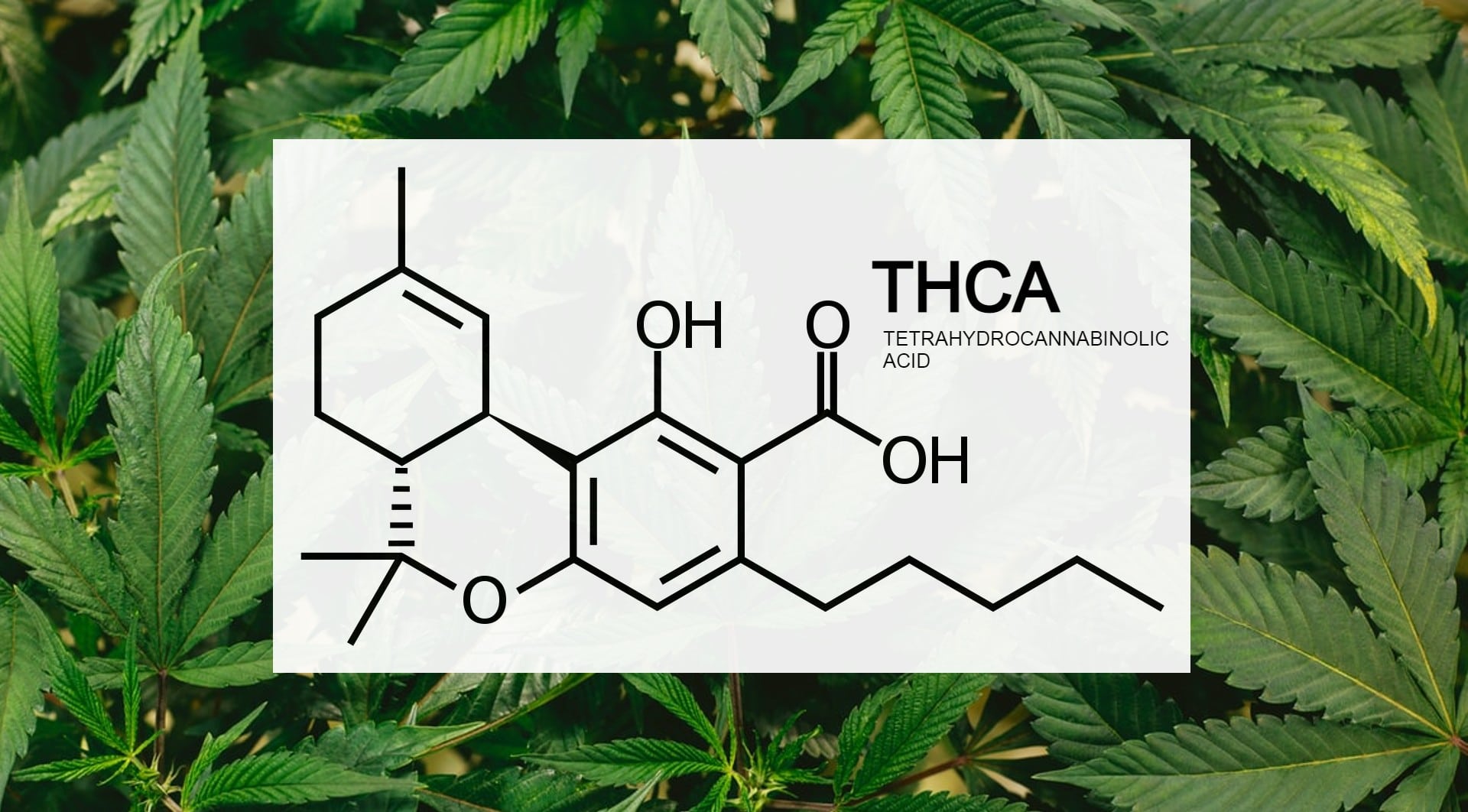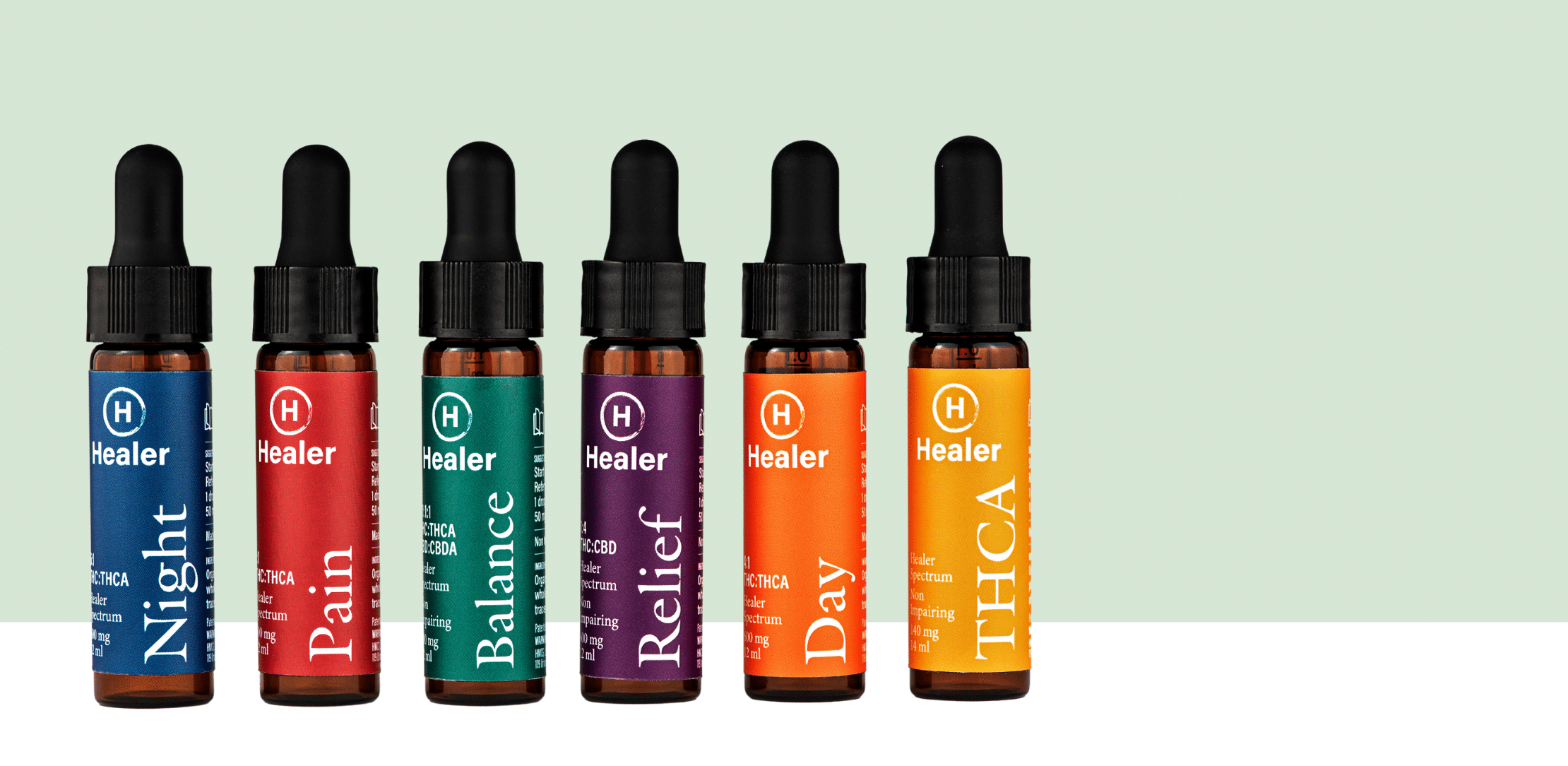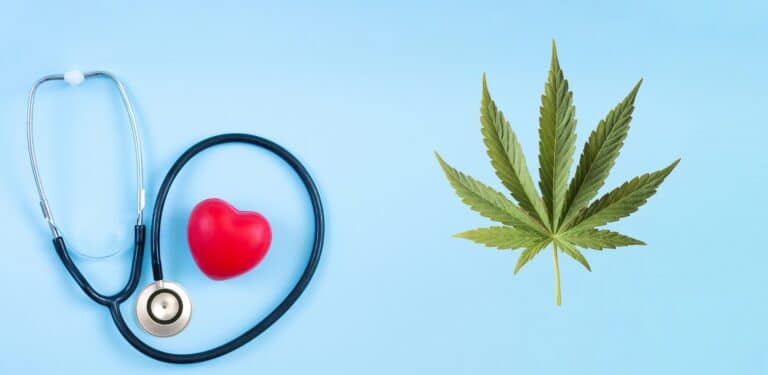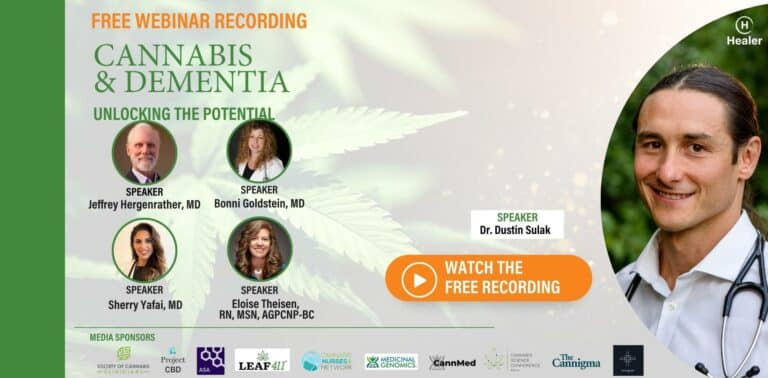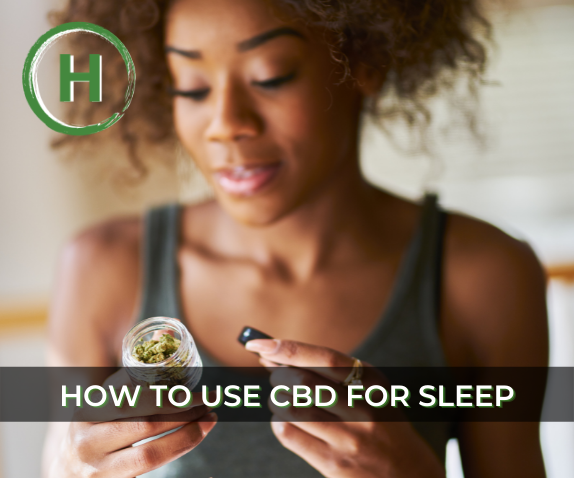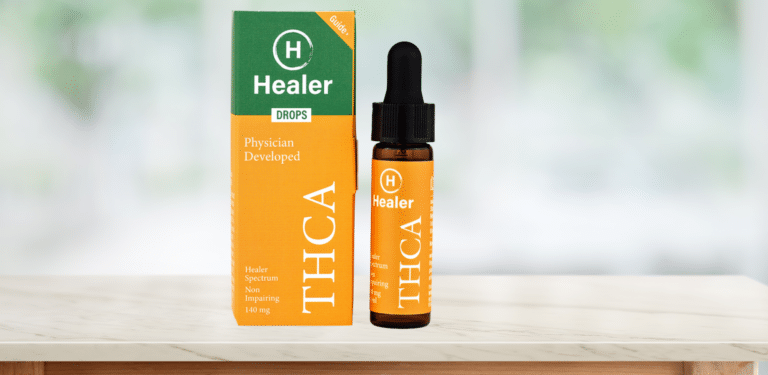Did you know that consuming raw cannabis does not cause euphoria or intoxication? People are even more surprised to learn that the cannabis plant does not directly produce THC (delta-9-tetrahydrocannabinol), but instead produces an acidic precursor called THCA (tetrahydrocannabinolic acid) with distinct but important health benefits.
There’s a process that takes place when you heat cannabis, known as decarboxylation, that converts THCA to THC. THC then interacts with cannabinoid receptors (CB1 and CB2), widely distributed throughout the body, to produce most of its healing effects. The euphoric effects of cannabis are primarily due to the activity of THC on the brain’s CB1 receptors.
For decades, researchers have considered THCA to be an inactive precursor of THC, and THCA received very little scientific investigation. More recently, emerging research is demonstrating what I’ve been observing in the clinic – THCA is an important therapeutic component of this plant.
Today, THCA oil and other THCA products are becoming more and more popular. Cannabis product makers who used to intentionally convert all the THCA to THC in their formulas are beginning to realize that retaining some THCA enhances the therapeutic effects. Still, most cannabis users don’t recognize the value of this acidic form of THC. How is it used? What unique benefits might it offer? Here is a closer look at all things THCA.
What is THCA?
THCA is produced by the cannabis plant from its precursor CBGA (cannabigerolic acid). Fresh type-1 (so called “THC-dominant”) cannabis flowers often have high THCA content by weight (10-30%) with very little THC.
Aside from a carboxylic acid group (the reason we call it an acidic cannabinoid), the THCA molecule is identical to THC, but that acid group drastically changes its effects in the body, as detailed below. Through the loss of the carboxylic acid group, the THCA gradually converts to THC at ambient temperatures; this occurs much faster when exposed to high temperatures (e.g. smoking, vaporizing, high-temperature processing).
How does THCA work in the body?
Because THCA does not directly stimulate the CB1 receptor, it does not produce euphoria or impairment like THC. One might assume that THCA would not be effective in relieving pain, since CB1 stimulation is also the way in which THC reduces pain, but my clinical experience suggests otherwise. For years, my patients have found that products containing some THCA along with THC are the most effective for pain and other symptoms – so what exactly is THCA doing to help?
Interestingly, one study found that THCA acts as a positive allosteric modulator (PAM) of the CB1 receptor. This means that while it doesn’t stimulate the receptor directly, it can amplify the effect of molecules that do, such as THC and our bodies’ own endocannabinoids. This is one explanation why THC products that contain some THCA may be more effective; another possibility is that THCA may slow the breakdown of THC, and another that the direct physiological effects of THCA compliment those of THC. The PAM mechanism is especially intriguing, however, because the endocannabinoid system (ECS) is a master regulator of health in almost every bodily system – if THCA can enhance the effects of the ECS, it could function as a global preventative health strategy as well as a versatile therapeutic.
Beyond its potential action in the ECS, THCA has been shown to have a number of other valuable effects in the body, many of which are anti-inflammatory. The two most important may be the suppression of tumor necrosis factor α release, a major contributor to inflammatory conditions, and stimulation of PPARγ, a nuclear receptor that controls the expression of genes involved in inflammation and metabolism. These two mechanisms likely play a role in many of the myriad benefits of THCA demonstrated in recent preclinical (cell and animal) experiments, such as:
- Neuroprotection (prevention of nerve damage) in models of neurodegenerative diseases like Parkinson’s disease and Huntington’s disease
- Antinausea effects 10x the potency of THC
- Anticonvulsant effects
- Prevention of liver injury, inflammation and fibrosis
- Improvement of metabolic disease in diet-induced obesity
- Reduction of inflammation and joint damage in arthritis
It’s important to remember that these preclinical results may or may not hold true for humans, but the message is clear: THCA has a lot of therapeutic potential, and is clearly not an “inactive precursor.”
How do people use THCA?
One of the most common and accessible methods for ingesting THCA is via cannabis tea. Because THCA is more water-soluble than THC, a cup of cannabis tea will primarily deliver THCA with low amounts of THC. The hot water only converts a little THCA to THC because decarboxylation requires higher temperatures to occur quickly. I typically recommend my patients use a small piece of cannabis flower, about the size of a pea, and steep in just boiled water for 5 minutes. You may be able to improve the strength of the tea by simmering while covered for 15 minutes (known as decoction). It’s also easy to add a little cannabis flower to another type of hot beverage. Keep in mind that if your beverage includes oil, like cream, you’ll end up consuming more THC.
THCA products are also available in tincture and edible form. For example, Healer produces a THCA product, and several other Healer formulas include beneficial amounts of THCA. To make products like THCA tinctures, edibles, and oils, manufacturers must use an extraction and formulation process that avoids high levels of heat and pressure.
Based on my patients’ reports, some of the beneficial effects of THCA work very quickly, like nausea relief. Others, like relief from joint pain and inflammatory conditions, may require consistent use for 1-4 weeks before the benefits show up.
How much THCA should a person use? For some conditions, like epilepsy, surprisingly small amounts can make a big difference in some individuals. In general, however, 5-50mg per day is generally the effective range I see in my practice, though some patients do well with higher doses. Because THCA is rapidly excreted via the urine, I usually recommend dividing into 2-3 daily doses. Cannabis tea contains a little less than 0.05mg of THCA per milliliter of water, so a standard cup (~250ml) will provide ~10mg of THCA.
How well is THCA absorbed?
Likely due to its increased solubility in water, THCA is highly bioavailable when taken orally. Compared to THC, THCA is absorbed 30-50 times better and reaches blood levels 100x higher, as demonstrated in human subjects. As mentioned above, THCA is excreted from the body more rapidly, suggesting that taking it 2-3 times daily may provide the best results.
What are the benefits of taking THCA?
Many of my patients who use THC products, such as tinctures and capsules, report that adding THCA often enhances the benefits of the THC and/or allows them to use a lower dose. After observing this for years, we decided to formulate our Healer cannabis products to take advantage of this combination.
I have some patients who solely use a THCA-dominant like THCA oil or cannabis tea. These are typically individuals who are very sensitive to the adverse effects of THC, or for people who haven’t found THC to be helpful with their symptoms. Most commonly, I’ve had THCA-using patients report improvements in sleep, pain, headache, inflammatory conditions, nausea, epilepsy, and agitation associated with autism spectrum disorder.
Has THCA been studied in humans?
Very little research exists on THCA in humans. In 2017, I published a series of epilepsy cases, some of which had benefited from the use of THCA. In one observational Italian study published in 2018, 338 patients with chronic pain were treated with cannabis decoction daily for 12 months; the median levels of pain, disability, anxiety, and depression all improved, with the most profound improvements occurring in the first month. Unfortunately, the researchers did not analyze the composition of the decoction, so we don’t know exactly how much THCA and THC the patients received, but based on their recipe, it was likely less than 10mg of THCA with less than 1mg of THC per day.
Other THCA FAQs
Is THCA oil legal?
THCA oil and other products are legal in states where recreational and medical cannabis is available. However, in states where cannabis is not legal, only THCA less than 0.3% derived from hemp is legally available for purchase – although hard to find.
Does THCA help with pain?
While more rigorous human experiments are needed to make a conclusion, based on my clinical experience and the study mentioned above, I believe THCA does help with pain in some individuals. I suspect the anti-inflammatory effects are largely responsible for THCA’s ability to help with pain, and therefore some patients may need to use it regularly for 2-4 weeks before noting significant relief.
What’s the best THCA oil dosage?
Like any cannabis product, the best results are usually achieved by finding one’s optimal individualized dose. It’s especially important to work with a knowledgeable medical provider if using THCA to treat conditions like epilepsy. Based on my clinical experience and the little research mentioned above, I usually recommend my patients explore the 5-50mg per day range, divided into 2-3 daily doses. You may follow Healer’s introduction to cannabis dosage program to help you find your optimal dosage.
Other ways to get THCA?
If you can not find a good THCA tincture, eating raw cannabis or making tea/decoction are two ways to get acidic cannabinoids [specifically link to the subhead “How to Get the Acidic Cannabinoids”] such as THCA. Small amounts of fresh, raw cannabis flower (e.g. 0.25 gram) can be eaten directly. Chewing it for a few minutes can speed onset, too. However, large amounts may cause stomach upset. For your health and safety, always choose cannabis flower that is organic and pesticide-free. A cannabis tea can be made by taking a pea size cannabis flower and letting it steep in 8oz of hot water.
Trust a Reliable Source for THCA Tincture and Products
At Healer, we strive to ensure people have access to high-quality, 3rd-party lab-tested cannabis products, including products that contain THCA. THCA, like all cannabis products, must be carefully handled to maintain quality. Be sure to take a look at Healer.com for more in-depth information about cannabinoids, including the biggest benefits of cannabis you may be missing out on: CBDA/CBGA/THCA and download the free dosage guide and response tracker.
What is THCA?
THCA is produced by the cannabis plant from its precursor CBGA (cannabigerolic acid). Fresh type-1 (so called “THC-dominant”) cannabis flowers often have high THCA content by weight (10-30%) with very little THC. Aside from a carboxylic acid group (the reason we call it an acidic cannabinoid), the THCA molecule is identical to THC, but that acid group drastically changes its effects in the body, as detailed below. Through the loss of the carboxylic acid group, the THCA gradually converts to THC at ambient temperatures; this occurs much faster when exposed to high temperatures (e.g. smoking, vaporizing, high-temperature processing).
How does THCA work in the body?
Because THCA does not directly stimulate the CB1 receptor, it does not produce euphoria or impairment like THC. One might assume that THCA would not be effective in relieving pain, since CB1 stimulation is also the way in which THC reduces pain, but my clinical experience suggests otherwise. For years, my patients have found that products containing some THCA along with THC are the most effective for pain and other symptoms – so what exactly is THCA doing to help?
Interestingly, one study found that THCA acts as a positive allosteric modulator (PAM) of the CB1 receptor. This means that while it doesn’t stimulate the receptor directly, it can amplify the effect of molecules that do, such as THC and our bodies’ own endocannabinoids. This is one explanation why THC products that contain some THCA may be more effective; another possibility is that THCA may slow the breakdown of THC, and another that the direct physiological effects of THCA compliment those of THC. The PAM mechanism is especially intriguing, however, because the endocannabinoid system (ECS) is a master regulator of health in almost every bodily system – if THCA can enhance the effects of the ECS, it could function as a global preventative health strategy as well as a versatile therapeutic.
Beyond its potential action in the ECS, THCA has been shown to have a number of other valuable effects in the body, many of which are anti-inflammatory. The two most important may be the suppression of tumor necrosis factor α release, a major contributor to inflammatory conditions, and stimulation of PPARγ, a nuclear receptor that controls the expression of genes involved in inflammation and metabolism. These two mechanisms likely play a role in many of the myriad benefits of THCA demonstrated in recent preclinical (cell and animal) experiments, such as:
Neuroprotection (prevention of nerve damage) in models of neurodegenerative diseases like Parkinson’s disease and Huntington’s disease
Antinausea effects 10x the potency of THC
Anticonvulsant effects
Prevention of liver injury, inflammation and fibrosis
Improvement of metabolic disease in diet-induced obesity
Reduction of inflammation and joint damage in arthritis
It’s important to remember that these preclinical results may or may not hold true for humans, but the message is clear: THCA has a lot of therapeutic potential, and is clearly not an “inactive precursor.”
How do people use THCA?
One of the most common and accessible methods for ingesting THCA is via cannabis tea. Because THCA is more water-soluble than THC, a cup of cannabis tea will primarily deliver THCA with low amounts of THC. The hot water only converts a little THCA to THC because decarboxylation requires higher temperatures to occur quickly. I typically recommend my patients use a small piece of cannabis flower, about the size of a pea, and steep in just boiled water for 5 minutes. You may be able to improve the strength of the tea by simmering while covered for 15 minutes (known as decoction). It’s also easy to add a little cannabis flower to another type of hot beverage. Keep in mind that if your beverage includes oil, like cream, you’ll end up consuming more THC.
THCA products are also available in tincture and edible form. For example, Healer produces a THCA product, and several other Healer formulas include beneficial amounts of THCA. To make products like THCA tinctures, edibles, and oils, manufacturers must use an extraction and formulation process that avoids high levels of heat and pressure. Based on my patients’ reports, some of the beneficial effects of THCA work very quickly, like nausea relief. Others, like relief from joint pain and inflammatory conditions, may require consistent use for 1-4 weeks before the benefits show up.
How much THCA should a person use? For some conditions, like epilepsy, surprisingly small amounts can make a big difference in some individuals. In general, however, 5-50mg per day is generally the effective range I see in my practice, though some patients do well with higher doses. Because THCA is rapidly excreted via the urine, I usually recommend dividing into 2-3 daily doses. Cannabis tea contains a little less than 0.05mg of THCA per milliliter of water, so a standard cup (~250ml) will provide ~10mg of THCA.
How well is THCA absorbed?
Likely due to its increased solubility in water, THCA is highly bioavailable when taken orally. Compared to THC, THCA is absorbed 30-50 times better and reaches blood levels 100x higher, as demonstrated in human subjects. As mentioned above, THCA is excreted from the body more rapidly, suggesting that taking it 2-3 times daily may provide the best results.
What are the benefits of taking THCA?
Many of my patients who use THC products, such as tinctures and capsules, report that adding THCA often enhances the benefits of the THC and/or allows them to use a lower dose. After observing this for years, we decided to formulate our Healer cannabis products to take advantage of this combination.
I have some patients who solely use a THCA-dominant like THCA oil or cannabis tea. These are typically individuals who are very sensitive to the adverse effects of THC, or for people who haven’t found THC to be helpful with their symptoms. Most commonly, I’ve had THCA-using patients report improvements in sleep, pain, headache, inflammatory conditions, nausea, epilepsy, and agitation associated with autism spectrum disorder.
Has THCA been studied in humans?
Very little research exists on THCA in humans. In 2017, I published a series of epilepsy cases, some of which had benefited from the use of THCA. In one observational Italian study published in 2018, 338 patients with chronic pain were treated with cannabis decoction daily for 12 months; the median levels of pain, disability, anxiety, and depression all improved, with the most profound improvements occurring in the first month. Unfortunately, the researchers did not analyze the composition of the decoction, so we don’t know exactly how much THCA and THC the patients received, but based on their recipe, it was likely less than 10mg of THCA with less than 1mg of THC per day.
Is THCA oil legal?
THCA oil and other products are legal in states where recreational and medical cannabis is available. However, in states where cannabis is not legal, only THCA less than 0.3% derived from hemp is legally available for purchase – although hard to find.
Does THCA help with pain?
While more rigorous human experiments are needed to make a conclusion, based on my clinical experience and the study mentioned above, I believe THCA does help with pain in some individuals. I suspect the anti-inflammatory effects are largely responsible for THCA’s ability to help with pain, and therefore some patients may need to use it regularly for 2-4 weeks before noting significant relief.
What’s the best THCA oil dosage?
Like any cannabis product, the best results are usually achieved by finding one’s optimal individualized dose. It’s especially important to work with a knowledgeable medical provider if using THCA to treat conditions like epilepsy. Based on my clinical experience and the little research mentioned above, I usually recommend my patients explore the 5-50mg per day range, divided into 2-3 daily doses. You may follow Healer’s introduction to cannabis dosage program to help you find your optimal dosage.
© 2024 Healer. All rights reserved.
Site by CannaPlanners
